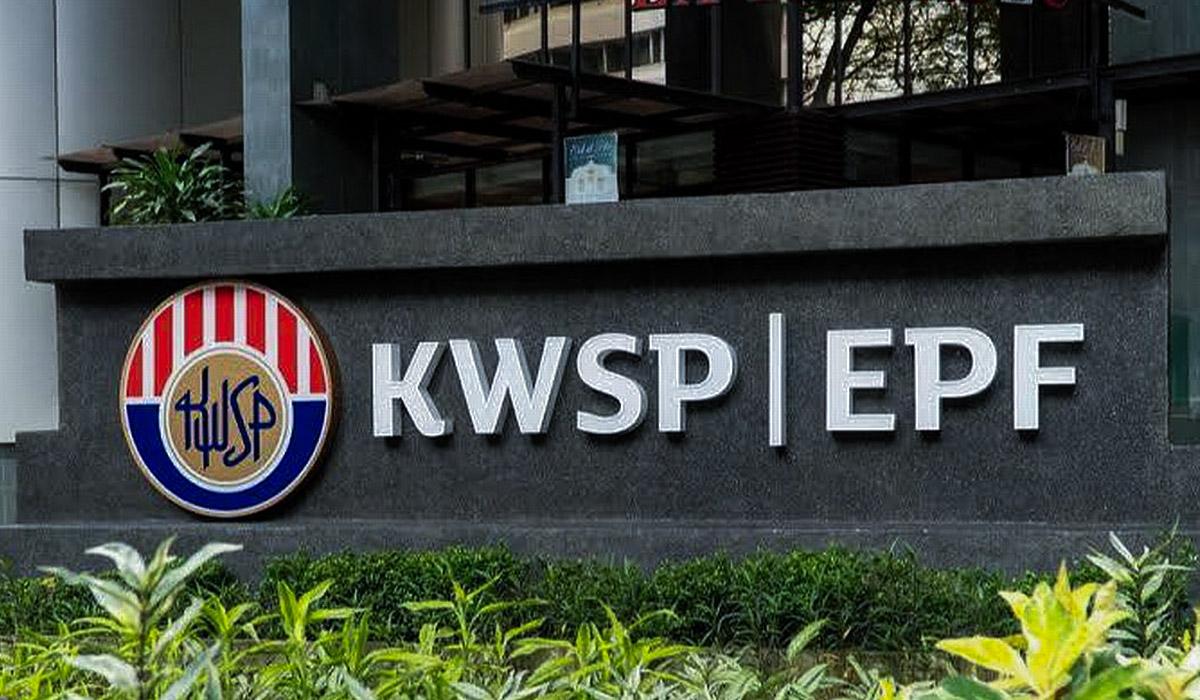Malaysia EPF Changes 2025: Contributions Now Required for Non-Citizen Employees
In line with regulatory developments, the Employees Provident Fund (EPF) scheme will be expanded to include non-Malaysian employees effective October 2025. This initiative mandates both employers and eligible foreign employees to contribute to EPF under similar conditions as Malaysian citizens.
A key update under this scheme is that both employers and non-citizen employees will contribute at a minimum rate of 2% each, unless otherwise specified by EPF. These contributions will support retirement savings and align with national policy on equitable treatment in the workforce.
This content is intended to support internal planning and future communication efforts. This section provides a concise overview of the critical considerations:
Aspect | Details |
Effective Date | October 2025 |
Affected Employees | All non-Malaysians employed under valid contracts in Malaysia |
Employer Obligations | Register eligible employees; ensure timely monthly contributions |
Employee Contributions | Deducted monthly at a minimum 2% rate; standard EPF terms apply |
Employer Contributions | Payable monthly at a minimum 2% rate; higher rates may apply if prescribed |
Payroll & HR Impact | System configuration updates; onboarding support for affected employees |
Communication Need | Briefings, FAQs, onboarding materials (to be developed) |
Key Messaging Focus | Equal treatment, retirement security, compliance with national policy |
Conclusion
Employers are advised to initiate preparations promptly to achieve full compliance by October 2025. This includes reviewing existing employment records, updating payroll systems to reflect the new 2% contribution rates, and aligning HR processes to accommodate the upcoming requirements. Timely planning will support a seamless transition and reduce operational disruption once the policy takes effect.














